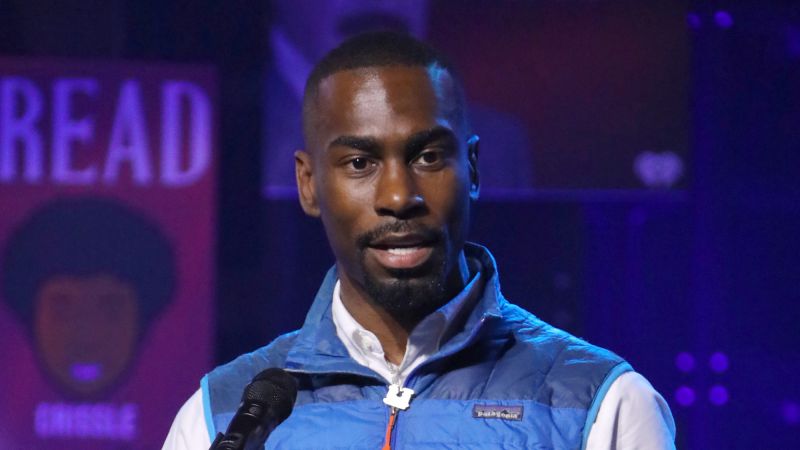The Supreme Court declined to hear an appeal from Black Lives Matter organizer DeRay Mckesson, leaving in place a lower court’s decision that could potentially restrict First Amendment rights to organize protests against the government and police. Mckesson’s case will be sent back to a lower court for further review, with Justice Sonia Sotomayor noting that a recent First Amendment decision from the court could potentially work in Mckesson’s favor. The case in question involved a protest in Baton Rouge following the killing of Alton Sterling by police in 2016, which sparked protests nationwide in response to the killing of George Floyd in 2020.
Lawyers for an officer injured in the Baton Rouge incident argued that Mckesson organized an unlawful protest and that the resulting violence was foreseeable, claiming that the First Amendment does not protect against damage claims if an organizer’s actions are negligent, illegal, and dangerous. Mckesson relied on a 1982 Supreme Court decision tied to the Civil Rights Movement that limited liability for protest organizers in similar situations. The officer argued that the violence was reasonably foreseeable and a consequence of Mckesson’s negligent and illegal actions.
The Supreme Court had previously considered the case and sent it back to appeals courts to review the Louisiana law without addressing the First Amendment questions. Despite the reconsideration of legal questions, Mckesson still lost, with the US Court of Appeals for the 5th Circuit siding with the officer using the pseudonym, John Doe. The majority opinion stated that the case would be different if Mckesson had only organized a lawful protest and an unidentified protester had assaulted the officer, but alleged that Mckesson’s actions were likely to incite lawless behavior.
Writing in partial dissent, US Circuit Judge Don Willett argued that the majority’s decision would diminish First Amendment protections for protest leaders, making them almost incapable of having a real-world effect. The case highlights the ongoing tensions between rights to protest and potential legal consequences for organizers when protests turn violent. Critics fear that restricting liability for protest organizers could have chilling effects on the ability to peacefully assemble and speak out against government and police actions. The case will now return to a lower court for further review, leaving unresolved questions about the limits of First Amendment protections for protest organizers.













